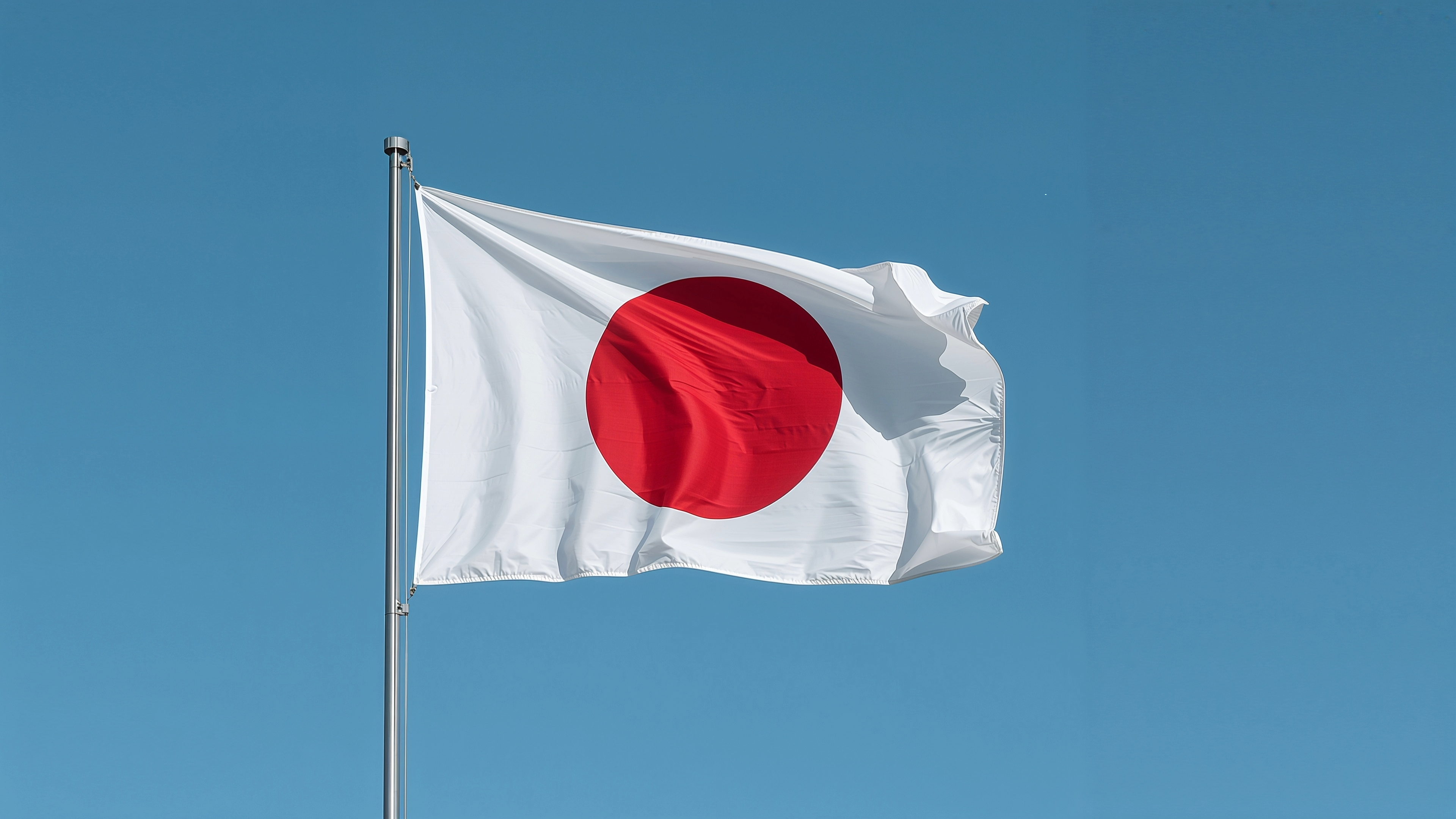Tomiichi Murayama, Japan PM Who Apologized for Wartime Aggression, Dies at 101
By Xu Heqian


Tomiichi Murayama, a former Japanese prime minister best known for his landmark 1995 apology for the country’s colonial rule and wartime aggression, died on Oct. 17, 2025. He was 101.
Murayama, who led Japan for 17 months from June 1994, presided over a turbulent period that included the Great Hanshin Earthquake and the Aum Shinrikyo cult’s sarin gas attack on the Tokyo subway. However, his most enduring legacy is the “Murayama Statement,” which expressed “profound remorse” for the “tremendous damage and suffering” Japan inflicted upon other Asian nations. The statement marked a pivotal moment in postwar reconciliation, as it was the first time a Japanese government officially characterized its past actions as “colonial rule” and “aggression.”
Born into a poor fisherman’s family in the port city of Oita, Murayama’s political journey began after World War II as a labor organizer for a fishermen’s cooperative. He was elected to the national parliament’s House of Representatives in 1972 as a member of the Japan Socialist Party, where he focused on social security issues. In 1993, he became the party’s chairman.
Murayama’s ascent to the premiership was unexpected. He became prime minister through an unusual coalition between his Socialist Party and their longtime rivals, the Liberal Democratic Party (LDP), which sought to return to power after a brief spell in opposition. Despite his initial hesitation, Murayama took office, becoming the first prime minister who had never been a member of the LDP or held a cabinet post.
His tenure was marked by both principle and compromise. He championed legislation to support atomic bomb survivors and established a fund to compensate “comfort women” who were forced to serve in Japanese military brothels. However, to maintain the coalition, he also made a major policy shift by acknowledging the constitutionality of Japan’s Self-Defense Forces and upholding the Japan-U.S. security treaty, moves long criticized by his party’s leftist base, which led to internal conflict and a decline in the party’s influence.
In 1995, Murayama’s government faced severe criticism for its slow response to the Great Hanshin Earthquake, which devastated the city of Kobe. He later admitted that the prime minister’s office lacked adequate information and disaster command capabilities at the time, stating he first learned of the quake from a 6 a.m. television news report. The same year, his cabinet was challenged by the unprecedented terrorist attack in which Aum Shinrikyo members released sarin nerve gas in the Tokyo subway system, causing mass panic and triggering a major crackdown on the cult.
It was on the 50th anniversary of Japan’s surrender in World War II, on Aug. 15, 1995, that Murayama issued his historic statement. Dissatisfied with a diluted parliamentary resolution on the war, he sought to send a clearer diplomatic signal to Japan’s Asian neighbors. The statement, drafted by aides and approved by his cabinet, became the official position of the Japanese government.
The address acknowledged that Japan, “through its colonial rule and aggression, caused tremendous damage and suffering to the people of many countries, particularly to those of Asian nations.” It stated that he humbly accepted these “irrefutable facts of history” and once again expressed his “profound remorse and heartfelt apology.” Murayama later specified that Japan’s establishment of the puppet state of “Manchukuo” in northeastern China was undeniable evidence of aggression.
The statement also pledged that Japan would eliminate “self-righteous nationalism,” promote democracy and peace, and pursue the abolition of nuclear weapons to atone for its past mistakes. Murayama resigned as prime minister in January 1996 and retired from politics in 2000. In his later years, he consistently spoke out whenever subsequent political leaders appeared to deny or distort Japan’s wartime history, urging them to uphold the spirit of his landmark statement.
caixinglobal.com is the English-language online news portal of Chinese financial and business news media group Caixin. Global Neighbours is authorized to reprint this article.
Image: SHUTTER DIN – stock.adobe.com
